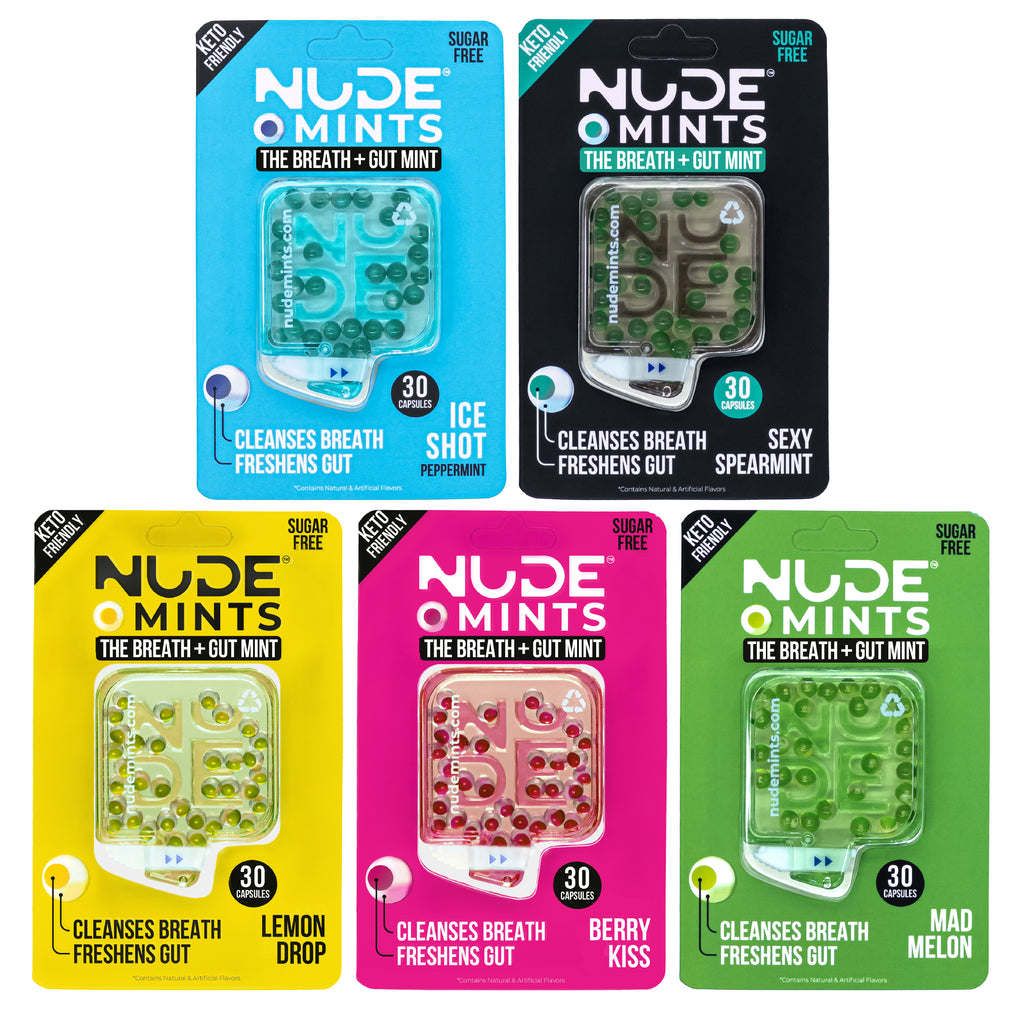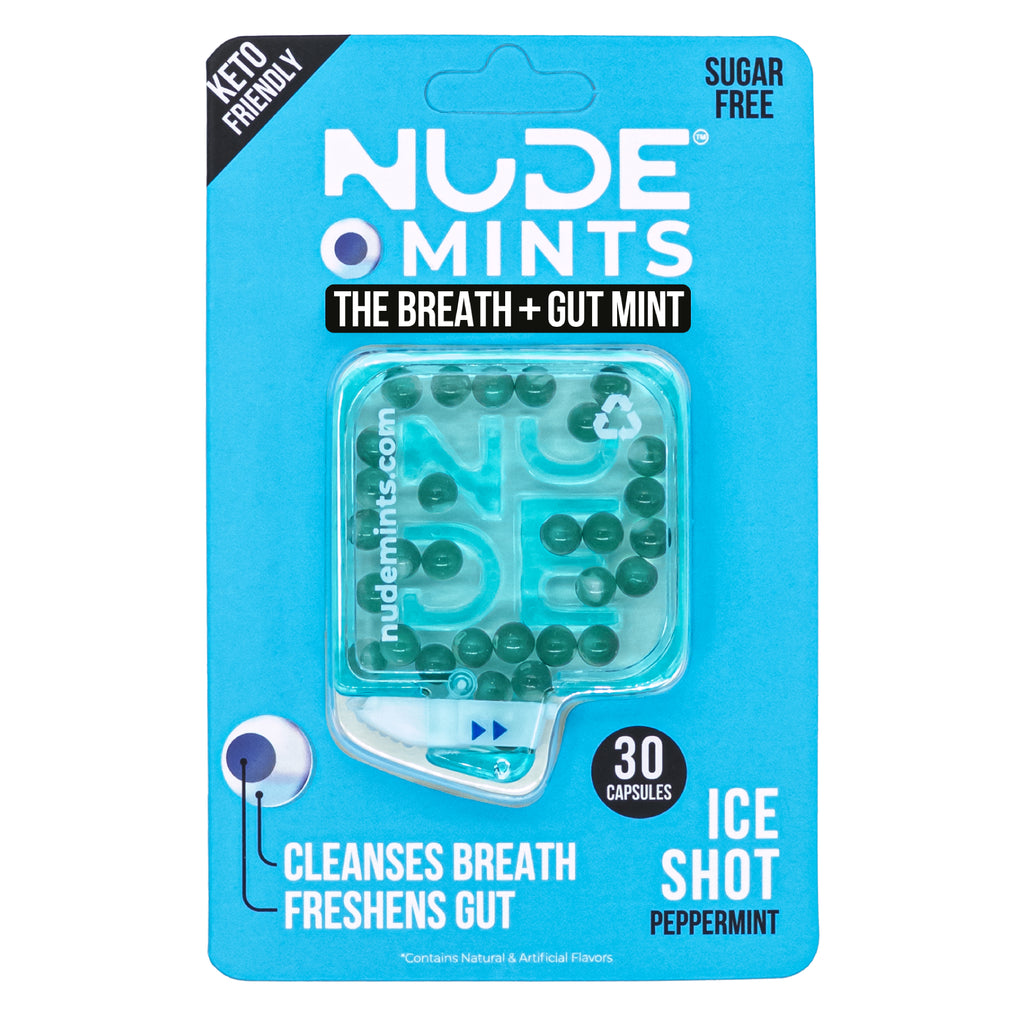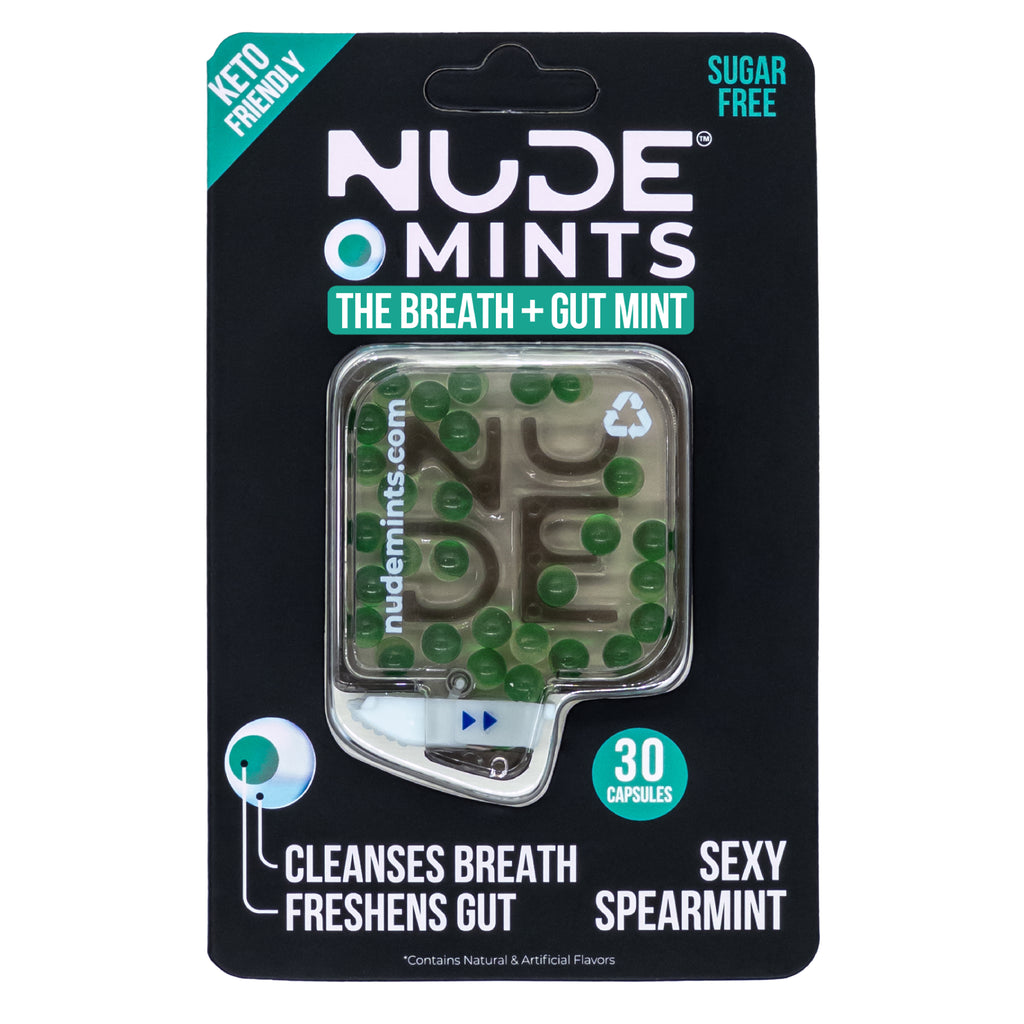What are Bad Breath Causes, Signs, and Treatments
-
Let’s face it. Bad breath, medically known as halitosis for the chronic kind, is absolutely embarrassing and anxiety-inducing. That’s why you’d always find stores that stock up on mints, gums, mouthwashes, and other products that fight off bad breath. But not all these products are equal. Some, and even most, are not as effective in dealing with bad breath causes for the long-term.
Bad breath can be caused by certain meals, health conditions, and some habits. There are even unfortunate situations where you can get bad breath despite constant proper dental hygiene. If simple home remedies don’t resolve your issues, you may need to see professional help. A dentist or doctor can identify and treat serious medical issues that are causing your bad breath.
Signs of Bad Breath
Bad breath can differ drastically depending on the true or hidden cause. I know people who incessantly worry about having bad breath even though, upon checking, they would have little or no bad breath. Meanwhile, there are people who can’t tell that their breath can peel the paint off walls. Because of that, it is difficult to subjectively judge how someone’s breath smells like. If you’re truly worried, maybe you can tap the shoulder of a friend or family to check if you have bad breath.

When Should You Seek a Dentist
When you first realize that you have bad breath, you should look into your oral hygiene habits. Try making lifestyle changes, like brushing your tongue as well when you brush your teeth after eating. You can use dental floss to get rid of food particles that your toothbrush can’t reach. You can also drink lots of water.
If this trick does not last, then it’s probably time to see your dentist. Your dentist might see a more serious issue that is causing your bad breath. In case your dentist suspects a more critical situation is inflicting your bad breath, she or he could refer you to a doctor to find the reason for the odor.
Bad Breath Causes
Often, the bad breath begins in your mouth, and there are lots of potential causes. These are:
- Food. The presence of food particles all over your teeth can enhance bacteria growth and cause bad breath. Consuming some foods, including onions, garlic, and spices, can also trigger bad breath. After you digest this food, they enter your bloodstream, are carried to your lungs, and have an effect on your breath.
- Poor dental hygiene. For those who do not brush and floss each day, food particles stay in your mouth, resulting in bad breath. A colorless, sticky film of bacteria (plaque) is created in your teeth. If not brushed away, plaque can irritate your gums and ultimately form plaque-filled pockets between your teeth and gums (periodontitis). Your tongue can also store bacteria that produce odors. Dentures that are not cleaned commonly or do not match correctly can harbor odor-causing microorganisms and food particles.
- Dry mouth. Saliva helps cleanse your mouth, eradicating particles that cause stinky odors. A situation that is called dry mouth or xerostomia causes bad breath since the creation of saliva is decreased. Dry mouth naturally happens while sleep. This is why you can wake up and have a stale breath known as morning breath. It worsens for those who sleep with their mouth open. Persistent dry mouth can be brought on by issues with your salivary glands and other ailments.
- Tobacco products. Smoking causes its own foul mouth odor. People who smoke and oral tobacco users are additionally more prone to have gum illness, one other cause of bad breath.
- Medicines. Some drugs can have side effects that produce bad breath by contributing to dry mouth. Others can be broken down in your body to launch chemicals that may be carried in your breath.
- Infections in your mouth. Bad breath could be attributable to surgical wounds after oral surgical procedure, including tooth extraction, or because of tooth decay, gum illness, or mouth sores.
- Different mouth, nose, and throat illnesses. Bad breath can often stem from small stones that develop within the tonsils and are lined with bacteria that produce odor. Infections or chronic irritation within the nostril, sinuses, or throat, which may contribute to postnasal drip, can also trigger bad breath.
- Other bad breath causes. Illnesses, such as some cancers, and circumstances related to metabolic issues, may cause a particular breath odor because of the chemical substances they produce. Chronic reflux of abdomen acids (gastroesophageal reflux illness, or GERD) could also cause bad breath. Bad breath in younger kids will be attributable to foreign bodies, including a chunk of food, lodged in a nostril.
How Dentists Identify Bad Breath Causes
Your dentist will probably smell your breath out of your mouth and the breath out of your nostril and charge the odor on a scale. As a result of the back of the tongue is most frequently the source of the scent, your dentist can also scrape it and assess its odor.
There are subtle detectors that may determine the chemical substances accountable for bad breath, although these aren’t at all times out there. Whatever it is, medical professionals are better equipped to identify bad breath causes.

Remedy
To cut back on bad breath, prevent cavities, stay away from bad breath causes, and decrease your risk of gum illness, constantly observe good oral hygiene. Additional therapy for bad breath can differ, depending on the trigger. In case your bad breath is attributable to an underlying health condition, your dentist will probably refer you to your primary care provider.
For different bad breath causes associated with oral health, your dentist will work with you to assist you better manage that situation. Dental measures could include:
-
Mouth rinses and toothpaste. In case your bad breath is because of a buildup of bacteria (plaque) in your teeth, your dentist could suggest a mouth rinse that kills the bacteria. Your dentist can also suggest a toothpaste that comprises an antibacterial agent to kill the bacteria that trigger plaque buildup.
-
Remedies of dental illness. In case you have gum illness, chances are you’ll be referred to a gum specialist (periodontist). Gum illness may cause gums to pull away out of your teeth, leaving deep pockets that fill with odor-causing bacteria. Generally, solely professional cleaning removes these bacteria. Your dentist may additionally suggest changing defective tooth restorations — a breeding ground for bacteria.
Additional Reading:
What You Can Do About Bad Breath
How To Take Care of Your Teeth and Mouth
5 Stunning Methods In Getting Rid Of Bad BreathGet Rid of Bad Breath Causes with Lifestyle and Home Treatments
To cut back or stop bad breath:
- Brush your teeth after you eat. Keep a toothbrush at work to make use of after eating. Brush using a fluoride-containing toothpaste at the very least twice a day, particularly after meals. Toothpaste with antibacterial properties has been proven to cut back bad breath odors.
- Floss at the very least once a day. Proper flossing removes food particles and plaque from between your teeth, serving to regulate the bad breath.
- Brush your tongue. Your tongue harbors microorganisms, so rigorously brushing it might cut back odors. Individuals who have a coated tongue from a major overgrowth of bacteria (from smoking or dry mouth, for instance) could benefit from using a tongue scraper. Or use a toothbrush that has a built-in tongue cleaner.
- Clear dentures or dental home equipment. For those who put on a bridge or a denture, clean it completely once a day or as directed by your dentist. In case you have a dental retainer or mouth guard, clean it every time before you place it in your mouth. Your dentist can recommend the perfect cleaning product.
- Avoid dry mouth. To keep your mouth moist, stay away from tobacco and drink loads of water — not espresso, comfortable drinks, or alcohol, which might result in a drier mouth. Chew gum or suck on mints, such as Nudemints to stimulate saliva. For chronic dry mouth, your dentist or doctor could prescribe a man-made saliva preparation or an oral remedy that stimulates the movement of saliva.
- Alter your weight loss program. Keep away from meals akin to onions and garlic that may trigger bad breath. Consuming a whole lot of sugary meals can also be linked with bad breath.
- Frequently get a brand new toothbrush. Change your toothbrush when it becomes frayed, around every 3 to 4 months, and pick a soft-bristled one.
- Schedule regular dental checkups. See your dentist regularly — usually twice a year — to have your teeth or dentures examined and cleaned.
Getting Ready for Your Appointment
If you are going to have your dangerous breath evaluated by your dentist, the following pointers may help:
- Dentists usually favor morning appointments for testing bad breath to cut back the possibilities that foods you eat throughout the day is the bad breath cause and hinder the examination.
- Do not put on perfume, scented lotions, or scented lipstick or lip gloss to your appointment, as these products might mask any odors.
- For those who’ve taken antibiotics throughout the last month, ask your dentist to see in case your appointment must be rescheduled.

What to Anticipate When You Go to the Dentist
Your dentist will seemingly begin with an analysis of your medical historical past, asking questions similar to:
- When did you first start to experience bad breath?
- Is your bad breath occasional or continuous?
- What do you think is perhaps inflicting your bad breath?
- Have other individuals seen and commented on in your bad breath?
- How typically do you brush your teeth or clean your dentures?
- How often do you floss?
- What sorts of foods do you eat most frequently?
- What drugs and dietary supplements are you are taking?
- What health conditions do you have?
- Do you breathe through your mouth?
- Do you snore?
- Do you have allergic reactions or sinus issues?
Be sure to reply to these questions to take advantage of your appointment time.
Grab Some NUDE Mints Today
Is your breath feeling a little stale or emitting a bad odor? Get rid of the bad breath causes. Pop a mint in your mouth. Made with novel technology from Japan, you’ll get instant fresh breath and a confidence boost. Buy a pack of NUDE mints available in Ice Shot, Berry Kiss, Citrus Squeeze, Lemon Drop and Mad Melon.
Get the freshest news on your favorite mouth cleanser and gut freshener!
Read More
-
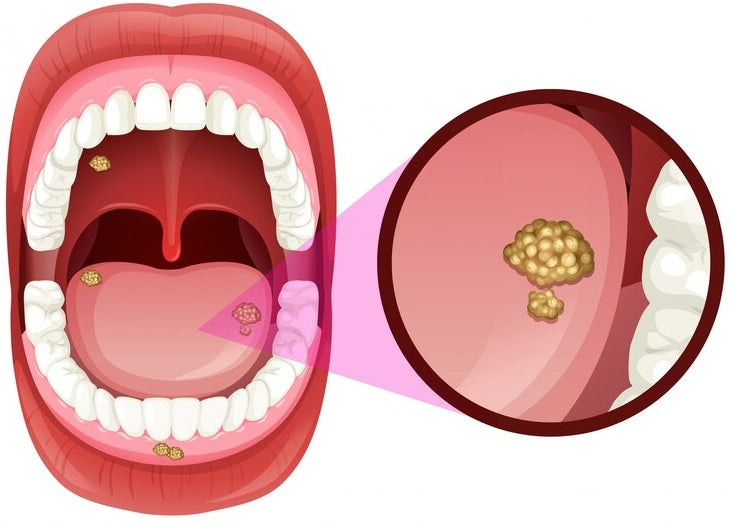
Halitosis: Understanding the Causes, Diagnosis, and Treatment for Fresh Breath
Halitosis, commonly known as bad breath, is a condition that affects a large number of people worldwide. It can be an embarrassing and isolating experience, but it is important to know that it is a common problem and that there are effective treatments available. In this article, we will discuss the causes, diagnosis, and treatment of halitosis. Causes of Halitosis Halitosis can have several causes, both internal and external. The most common causes include poor oral hygiene, dry mouth, certain foods and drinks, smoking, and certain medical conditions. Poor Oral Hygiene Poor oral hygiene is the most common cause of halitosis. When food particles and bacteria build up in the mouth, they can cause an unpleasant odor. Brushing and flossing...
-
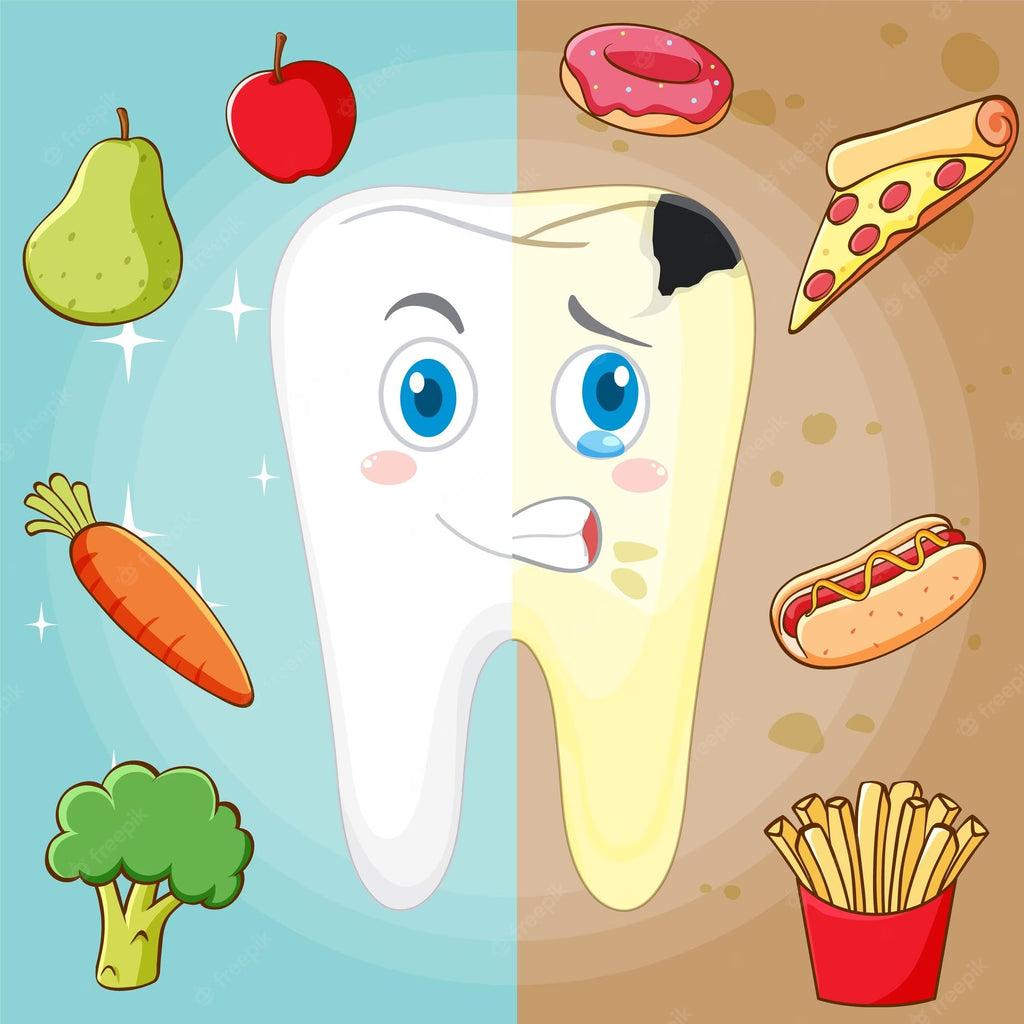
Crucial Connection Between Nutrition and Oral Health: Guide for Better Dental Care
As a dental health professional, we understand the importance of maintaining good oral hygiene to prevent cavities and gum disease. Brushing twice a day and flossing daily are essential habits, but did you know that nutrition also plays a crucial role in keeping your mouth healthy? In this article, we will explore the connection between nutrition and oral health and how you can make better food choices to support your dental health. How Nutrition Affects Oral Health Your diet can impact your oral health in many ways. A diet high in sugary and acidic foods can increase the risk of tooth decay and gum disease. When you eat sugary foods, the bacteria in your mouth feed on the sugar and...
-
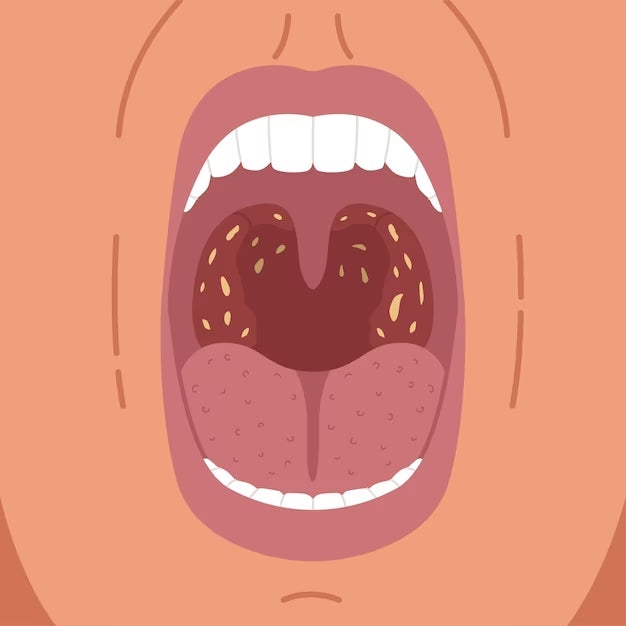
How to Treat Bad Breath Caused by Dry Mouth
Do you ever feel self-conscious about your breath? Do people avoid talking to you because of bad breath? Dry mouth, also known as xerostomia, can cause bad breath and make social interactions uncomfortable. In this article, we will discuss what causes dry mouth, how it leads to bad breath, and what you can do to treat it. Table of Contents What is dry mouth? Causes of dry mouth How dry mouth causes bad breath Signs and symptoms of dry mouth Diagnosis of dry mouth Treating dry mouth Home remedies for dry mouth Professional treatments for dry mouth Tips for maintaining oral hygiene Foods and drinks to avoid with dry mouth Conclusion FAQs What is dry mouth? Dry mouth occurs when...
-
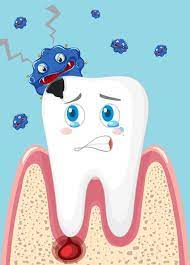
The Relationship Between Diabetes and Gum Disease: Understanding the Link
Diabetes and gum disease are two conditions that may seem unrelated, but research has shown that they are actually closely linked. In fact, individuals with diabetes are more likely to develop gum disease, and those with gum disease are more likely to have difficulty controlling their blood sugar levels. This article will explore the connection between diabetes and gum disease, and provide insights on how you can reduce your risk of developing both. The Relationship Between Diabetes and Gum Disease Diabetes is a condition that affects the body's ability to produce or respond to insulin, a hormone that regulates blood sugar levels. When blood sugar levels are consistently high, it can lead to a range of health complications, including nerve...
